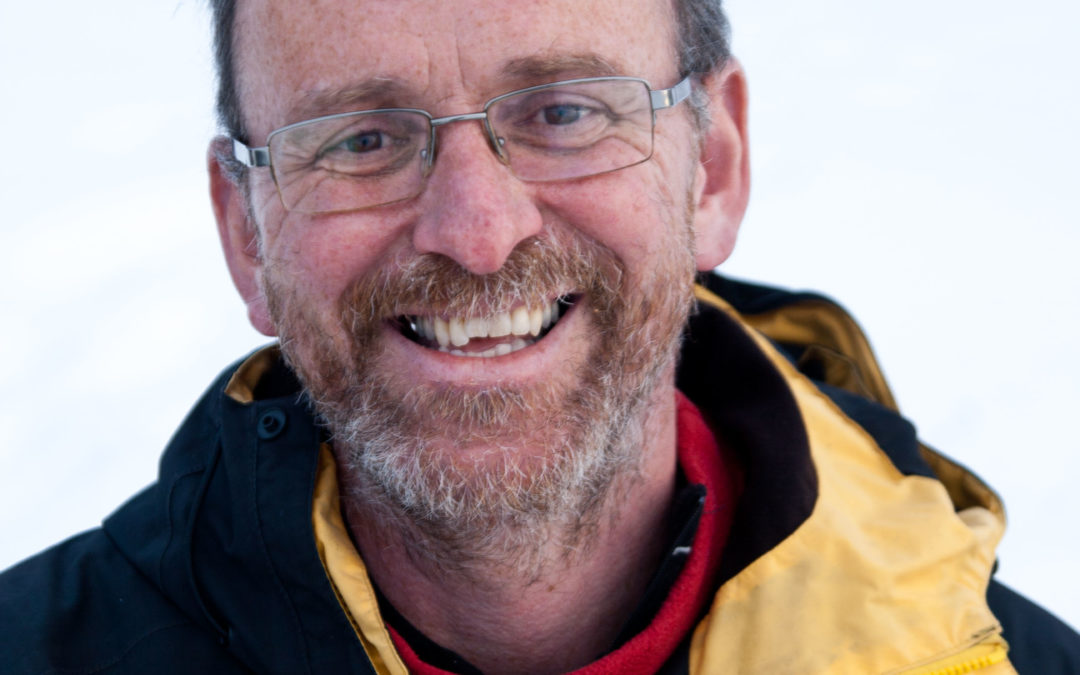Chris Smaje has coworked a small farm in Somerset, southwest England, for the last 17 years. Previously, he was a university-based social scientist, working in the Department of Sociology at the University of Surrey and the Department of Anthropology at Goldsmiths College. Chris has written for various publications and academic journals. He also writes the blog Small Farm Future and is the author of the book A Small Farm Future.
What do you see when you look into the future? Chris Smaje sees a small farm future. Chris talks about his experience of going from the world of academia to becoming a small farmer. He and his wife purchased about 20 acres of pasture in southwest England and turned it into a small farm. They grow vegetables which they sell locally. Although this lifestyle can often be romanticized, Chris explains that it’s hard work and it’s difficult to make a living.
For Chris, the world has reached a tipping point as we face so many crises all at once – from issues with the climate and soil to energy, water and more. Up until now, the focus has been on growing the economy with lots of cheap energy and cheap capital to throw at problems. However, Chris makes it clear that this approach is not sustainable. A change is long overdo. He envisions a better way of life that benefits all of earth’s human inhabitants as well as the plants, the animals, the soil, the air, the water and the planet as a whole.
Chris addresses the question of “where do we start” in the face of all these challenges. The first place to start is to take responsibility for food and energy production, even if it means growing a few herbs on the windowsill. He says we need to redefine what it means to even be a farmer. In this way, we can all be farmers – we can all grow food or at least support small farms in our communities. Keep in mind, during WWII, in the US, 20 million home gardens produced 40% of the nation’s food; currently, they produce less than 1 percent.
Since fossil fuel are so inexpensive and powerful, we have chosen to import foods from all over the world. In addition, so much of our food is mass produced and highly processed. Although some of these processed foods tend to be cheap in terms of the price tag, they are extremely expensive in terms of their cost to the environment and human health.
Underlying these crises is a deeper cultural or even spiritual problem. It goes back to what life is all about, what kind of life do we want to live, and how do we relate to one another, nature and the planet. Chris says: “we’ve gone down this one-way dead-end street.” It seemed prosperous and productive at the time, but now it’s landed us with so many difficult problems.
Chris says that he’s hopeful, but not necessarily optimistic about the future. He says that “humans need hope.” There are still many ways we can engage with one another and the natural world. For Chris, “we are facing some very serious problems, but there are always grounds for hope.”
Chris’ advice to his younger self is this: open yourself up a bit, and immerse yourself in the world, nature, wildlife and communities of people in the world!
You can learn more about Chris and his work right here: https://smallfarmfuture.org.uk/
You can also find his new book A Small Farm Future here: https://www.chelseagreen.com/product/a-small-farm-future/
Podcast: Play in new window | Download






